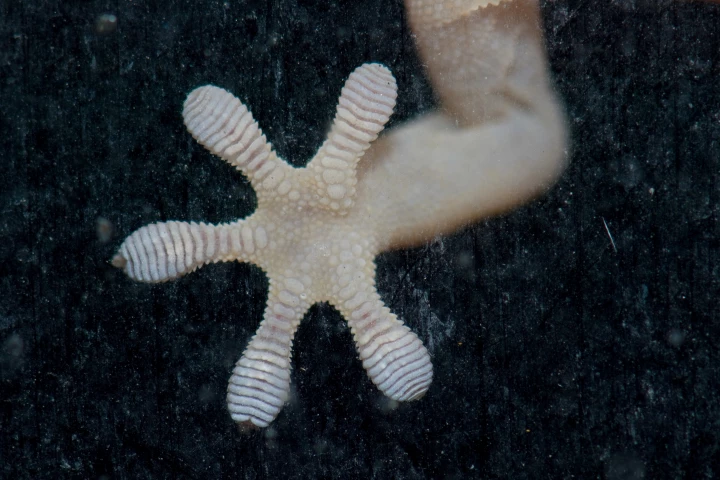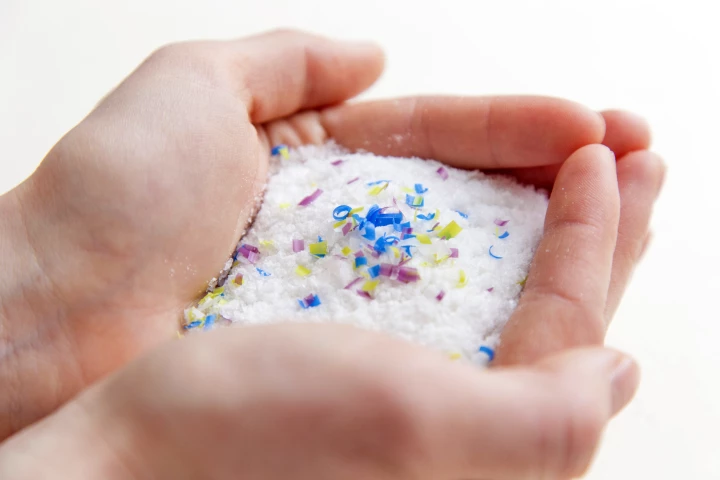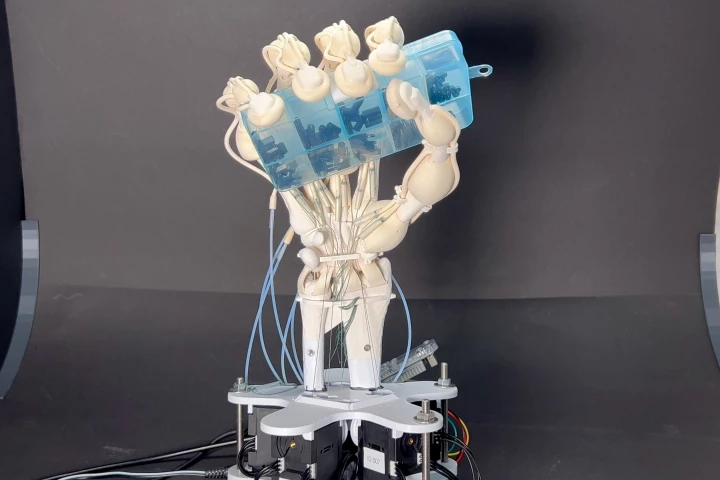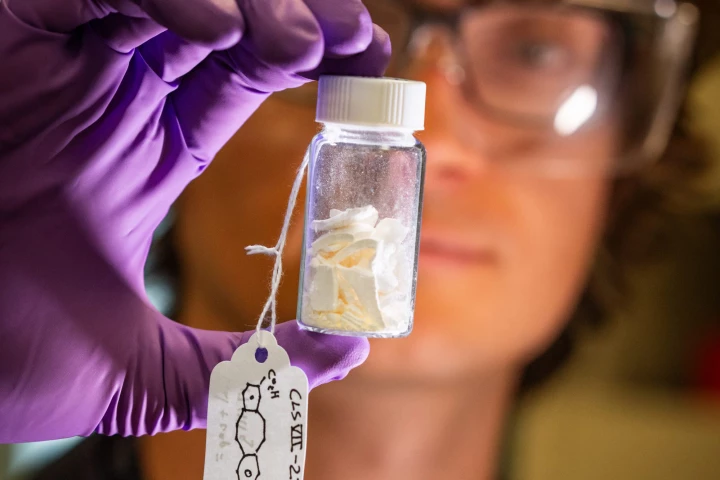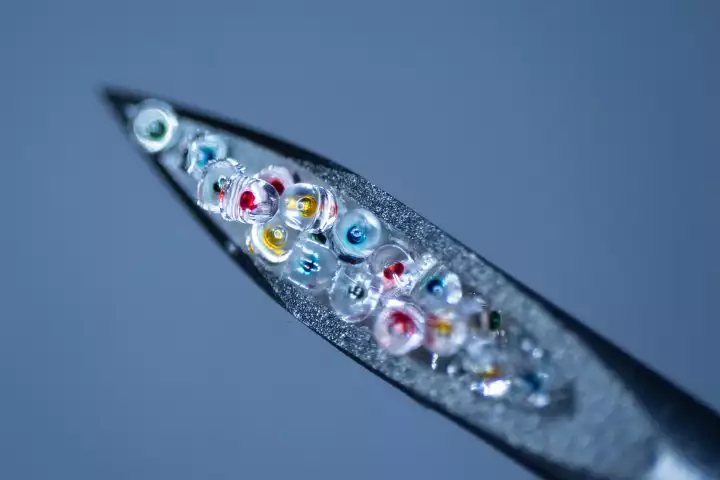Polymer
-
Although it is possible to recycle Plexiglass, it's a complex and inefficient process, so it generally just isn't done. A simple new technique, however, is claimed to break the plastic down into all of its building blocks for near-complete recycling.
-
Geckos are able to maintain a grip on wet surfaces not because their toe pads repel water, but because they attract it. A new polymer, which was inspired by this phenomenon, could find use in shoe soles that keep people from slipping on ice.
-
In what they're calling the "highest density of mechanical bonds ever achieved," researchers created a super-strong flexible material that works very much like chainmail. The breakthrough has already demonstrated its ability to improve body armor.
-
Gels and glasses are on opposite ends of the material spectrum, but engineers at North Carolina State University (NCSU) have developed a new class called “glassy gels” that are both strong and flexible, as well as sticky and self-healing.
-
Even when it’s ground into microparticles, 97% of an algae-based plastic biodegrades in compost and water in under seven months, a new study has reported. The researchers hope their plastic will eventually replace existing petroleum-based ones.
-
Researchers have developed a product that reduces hair’s moisture-absorbing tendencies, maintaining frizz-free curls for at least six hours in high-humidity environments and even allowing them to bounce back thanks to its shape-memory properties.
-
It was just this August that we heard about a super-slippery 3D-printed toilet bowl, which bacteria slide right off of. Well, if you want that same sort of functionality in your existing toilet, a special coating may do the trick.
-
Concrete may seem strong, but it can be surprisingly vulnerable to the elements. Now researchers at Drexel University have demonstrated a type of self-healing concrete embedded with “BioFibers” that use bacteria to patch up cracks as they form.
-
3D printing single objects out of different materials can be difficult, if those materials cure at different rates. The new Inkbit system addresses that problem, and has been used to print a complex functional robotic hand… in just one print job.
-
It never fails … you go to use a device that should be fully charged, but its battery has gone flat over time. Such may soon no longer be the case, however, if battery manufacturers simply start using a different type of adhesive tape.
-
Researchers have created a molecule that, when added to polymers, increases the material’s durability by making it more able to withstand temperature fluctuations. They say it could be used in everything from plastic phone cases to missiles.
-
Missing medications or not taking them as required can have costly results. Bioengineers at Rice University may have the solution to missed medications, using advanced technology to create a system that delivers time-released drugs.
Load More

